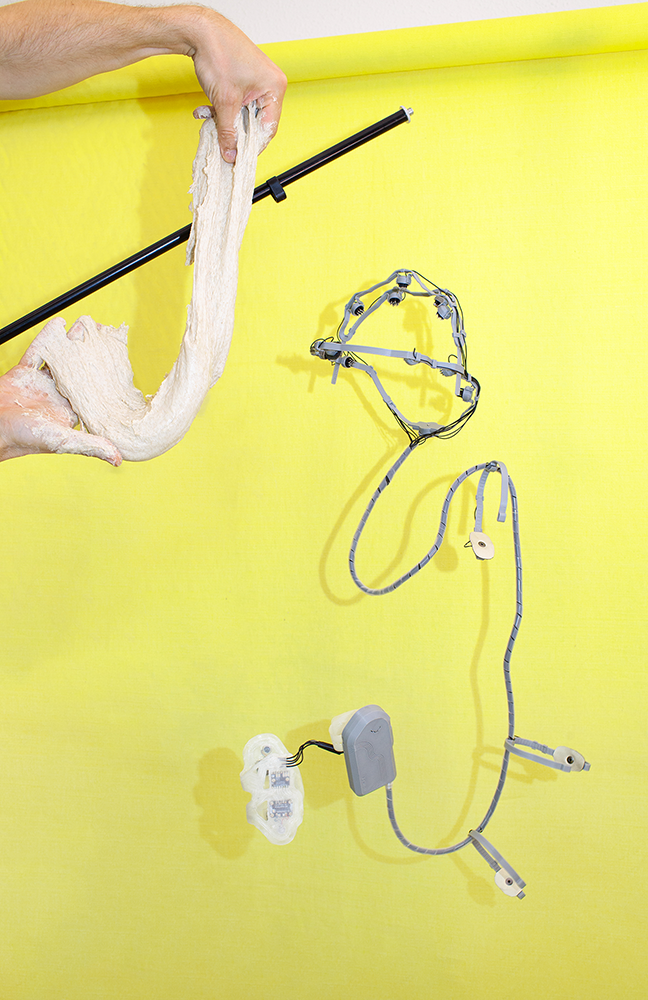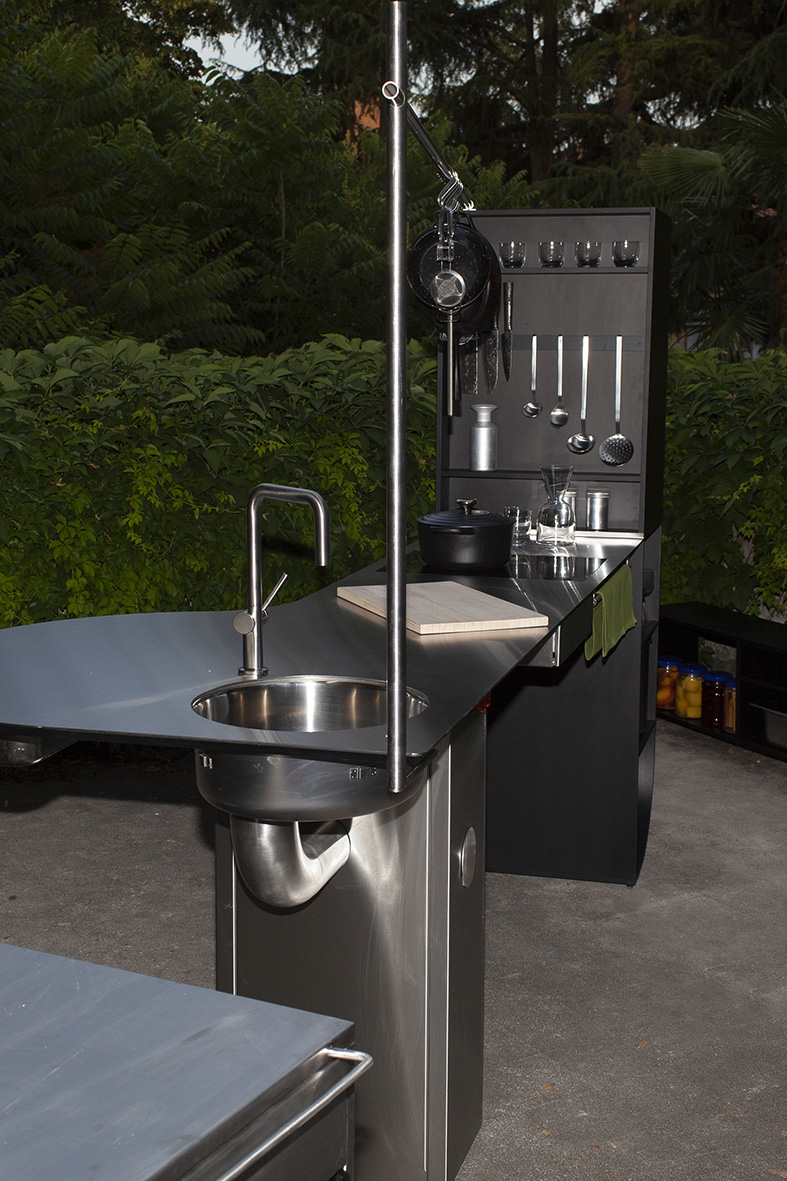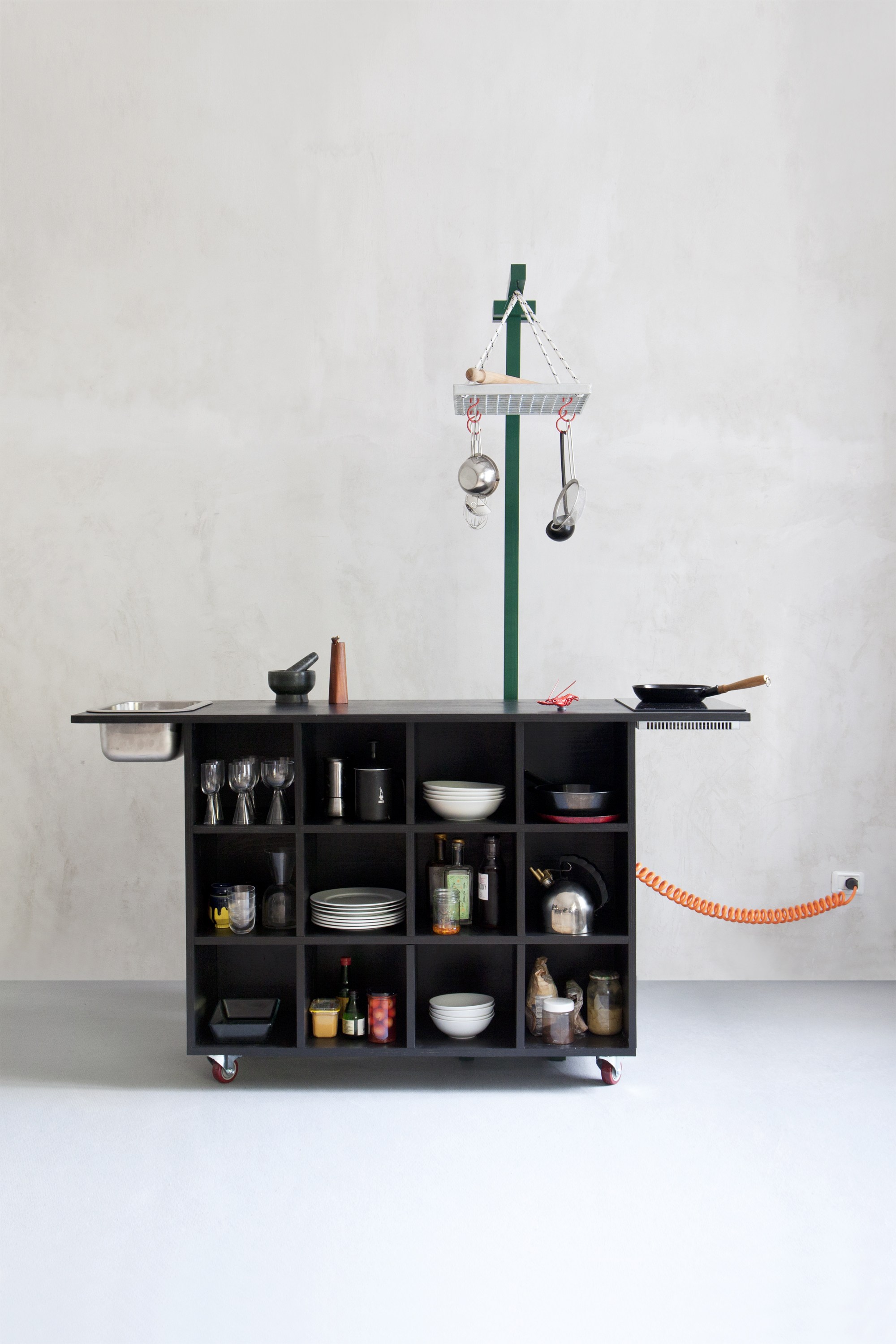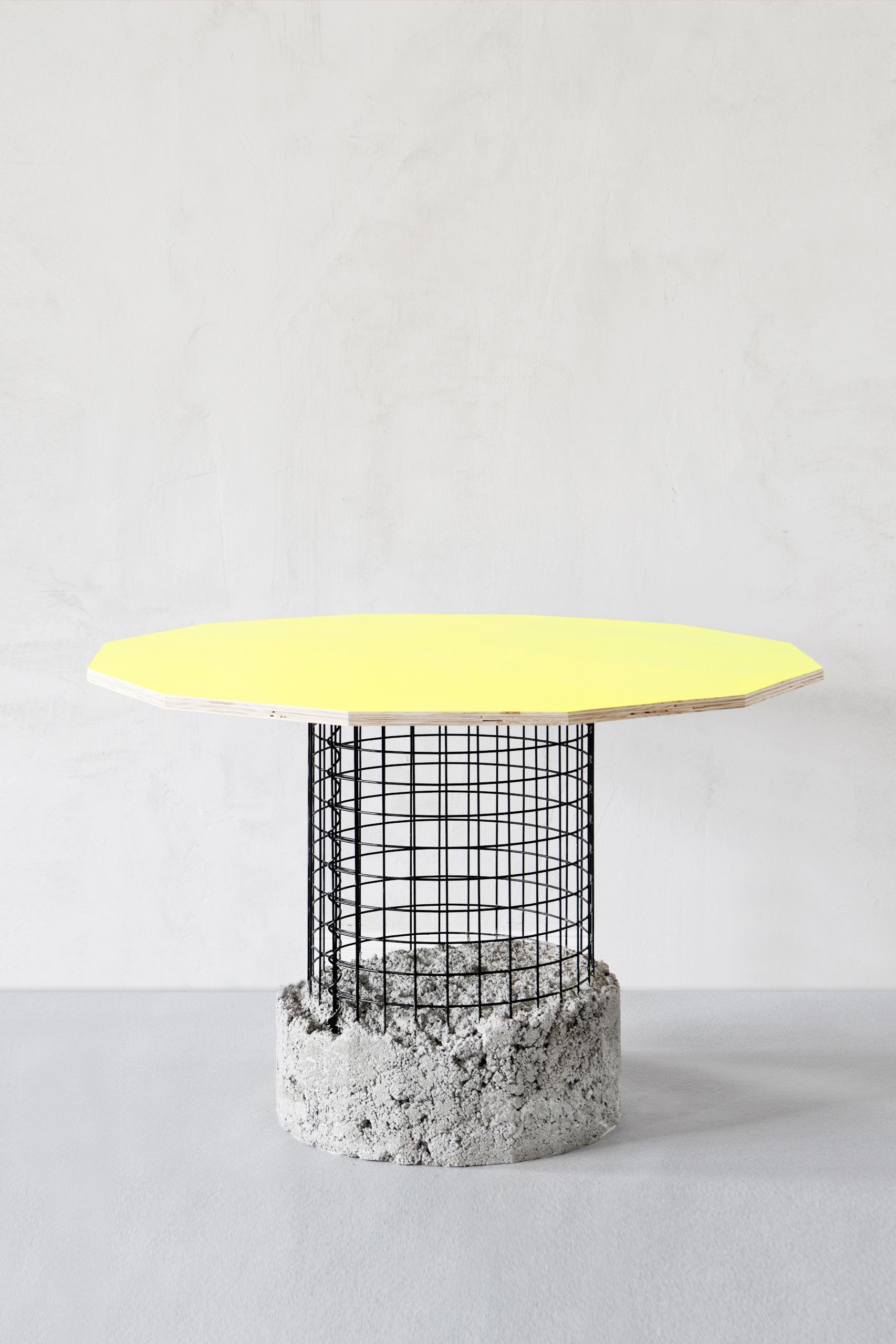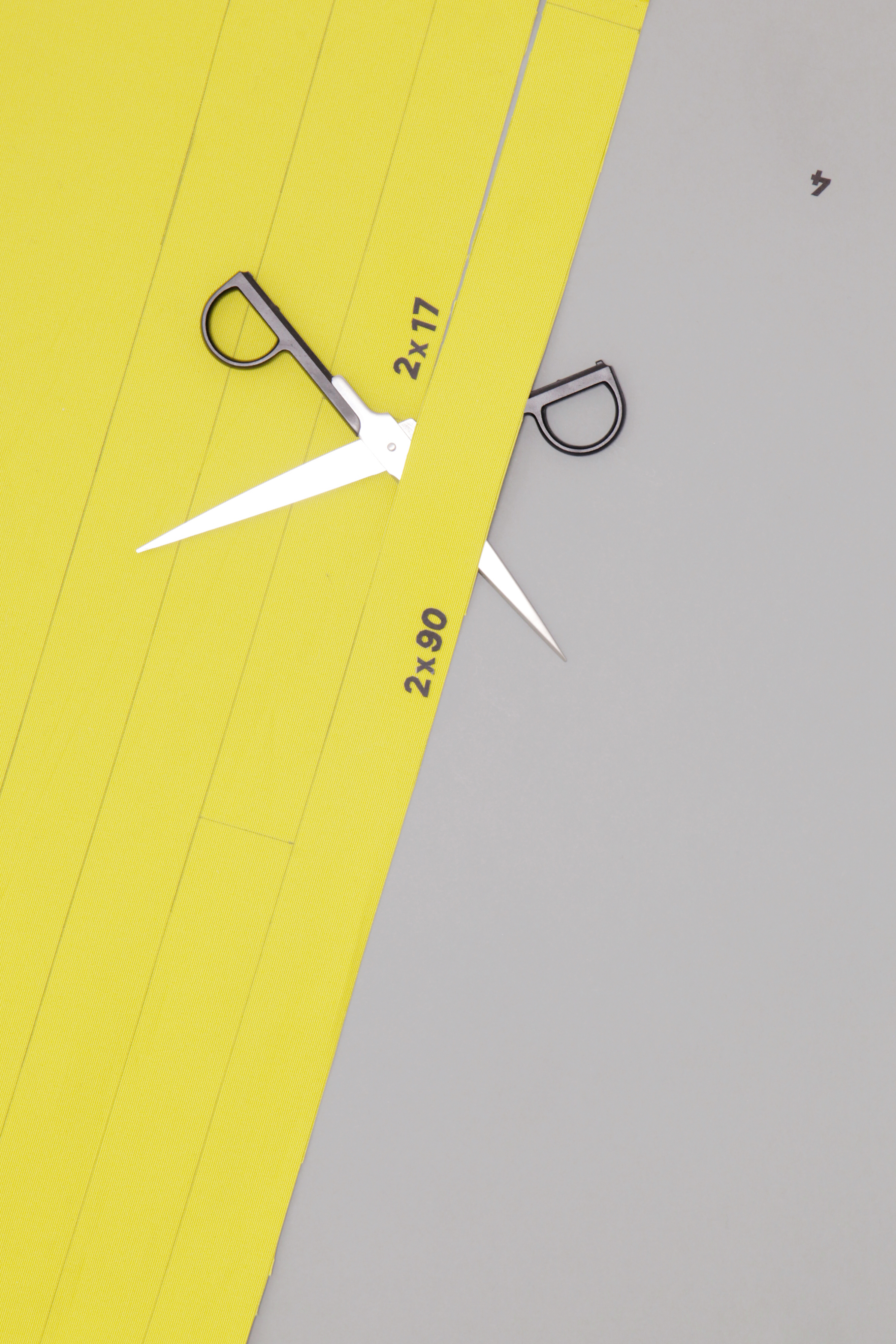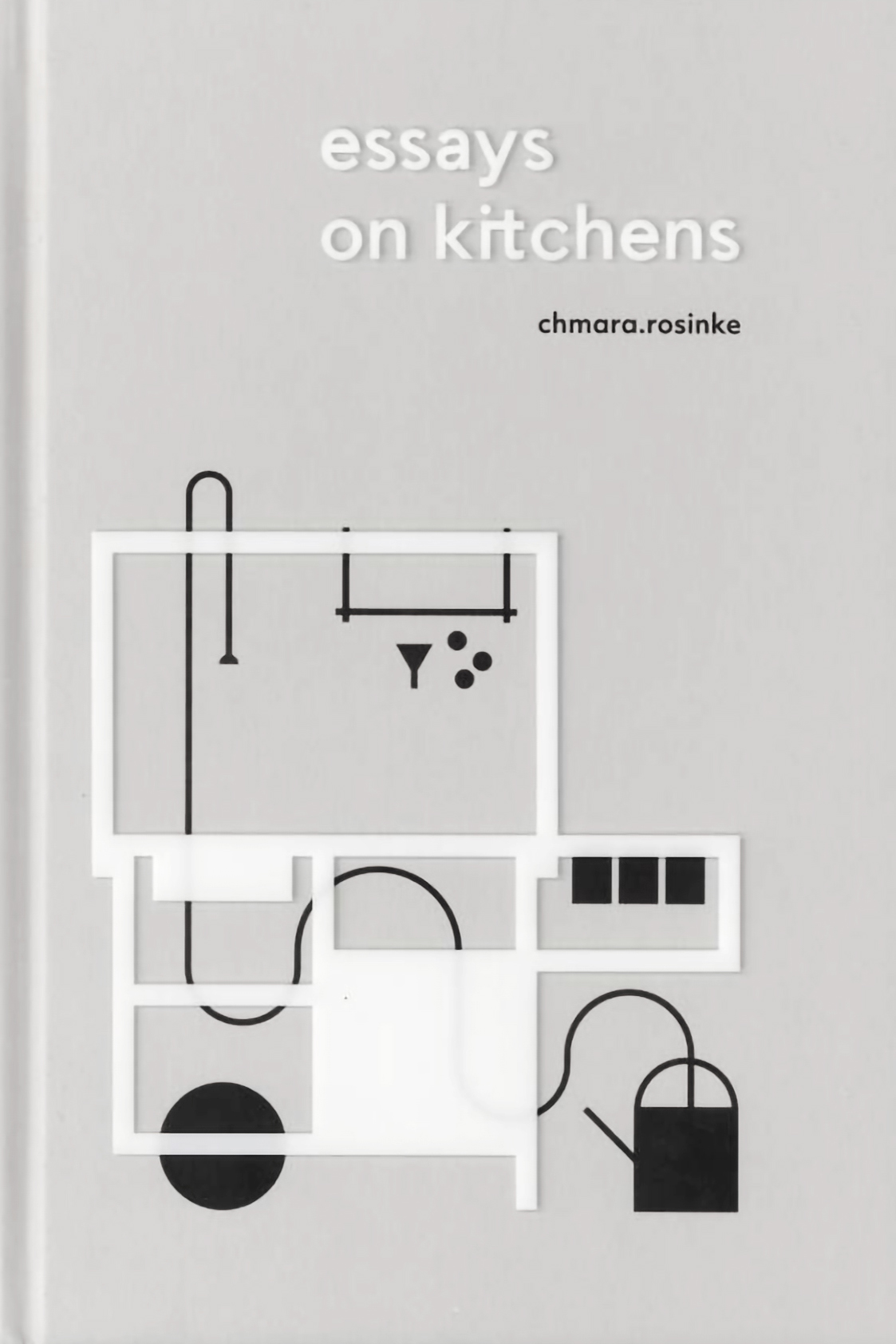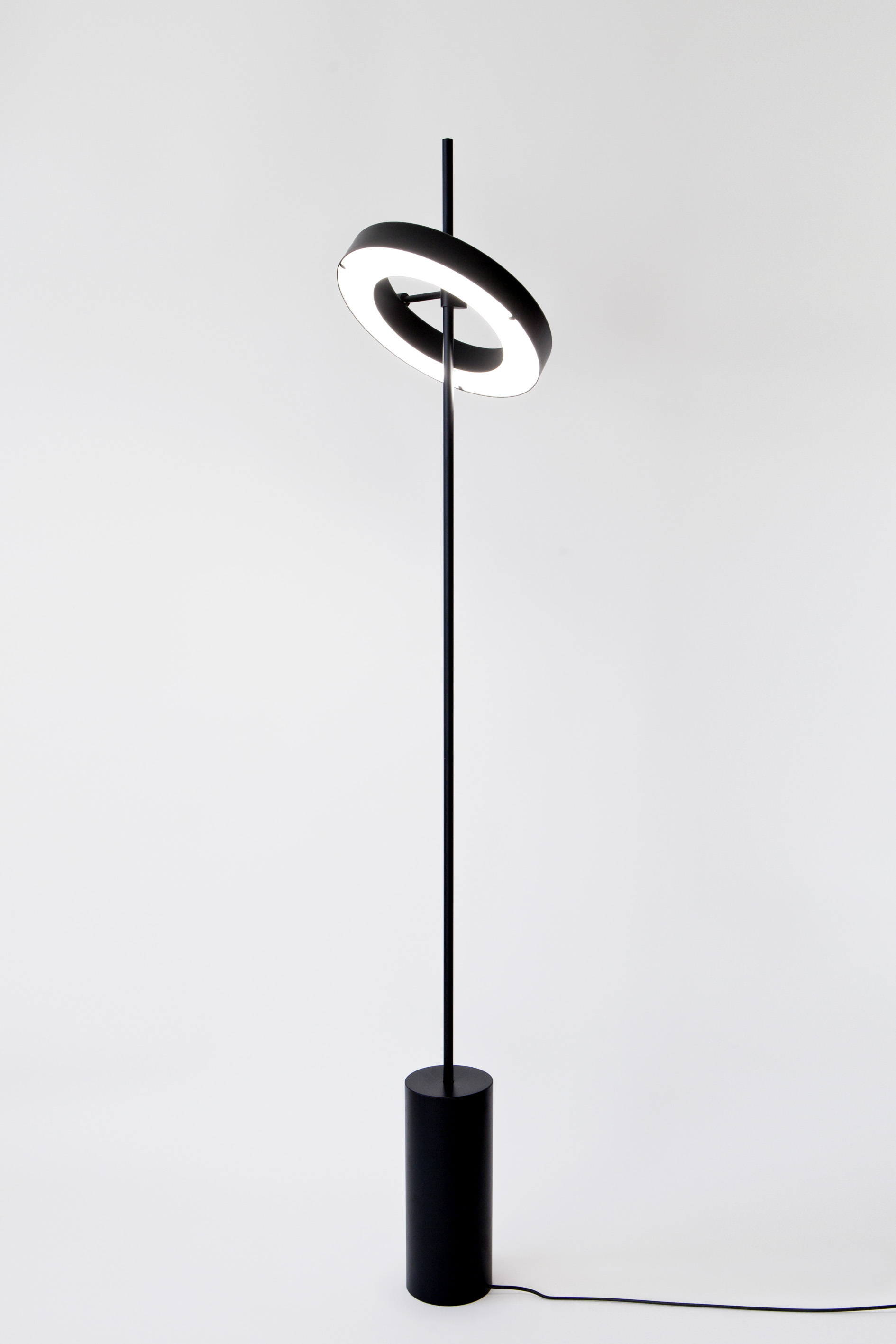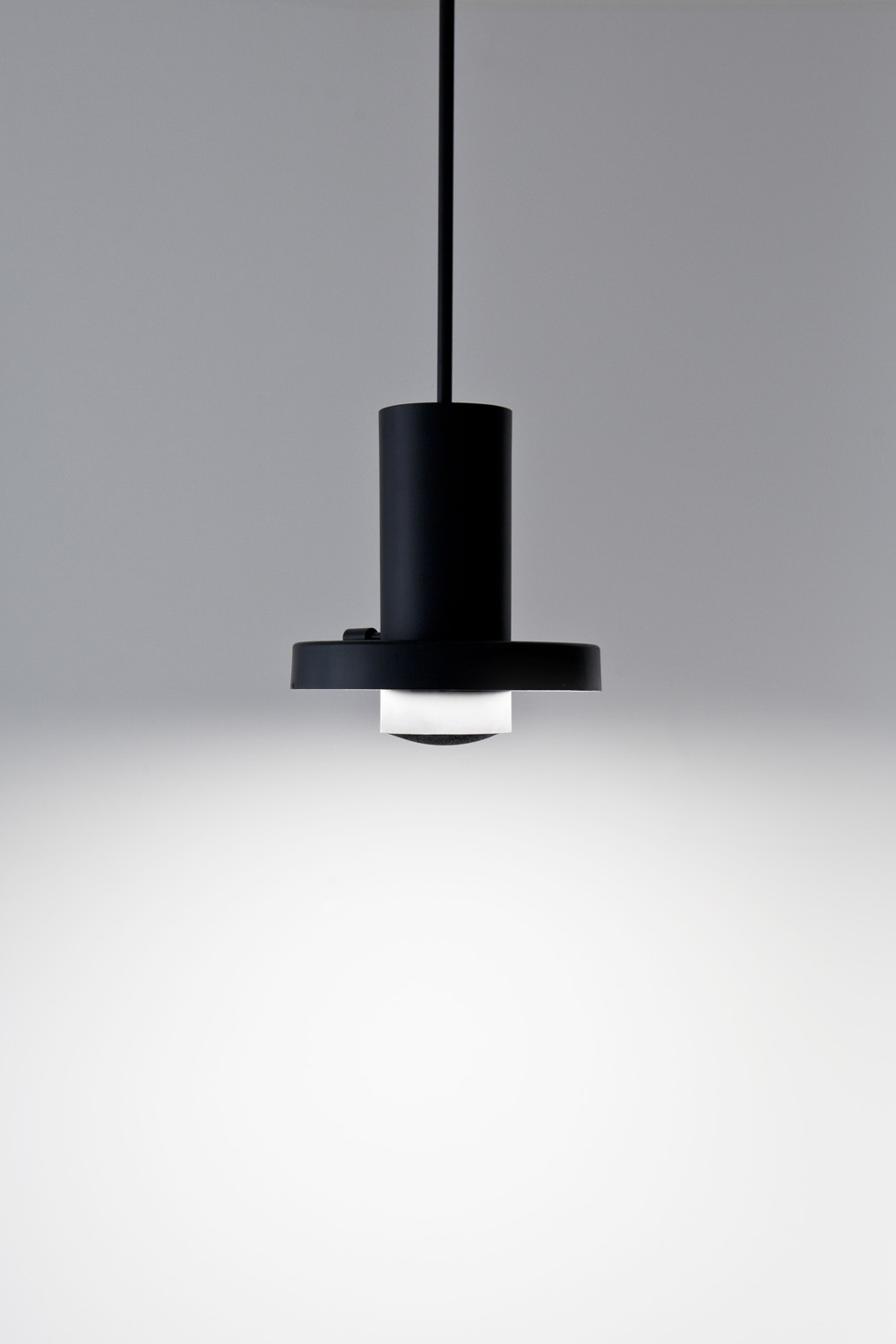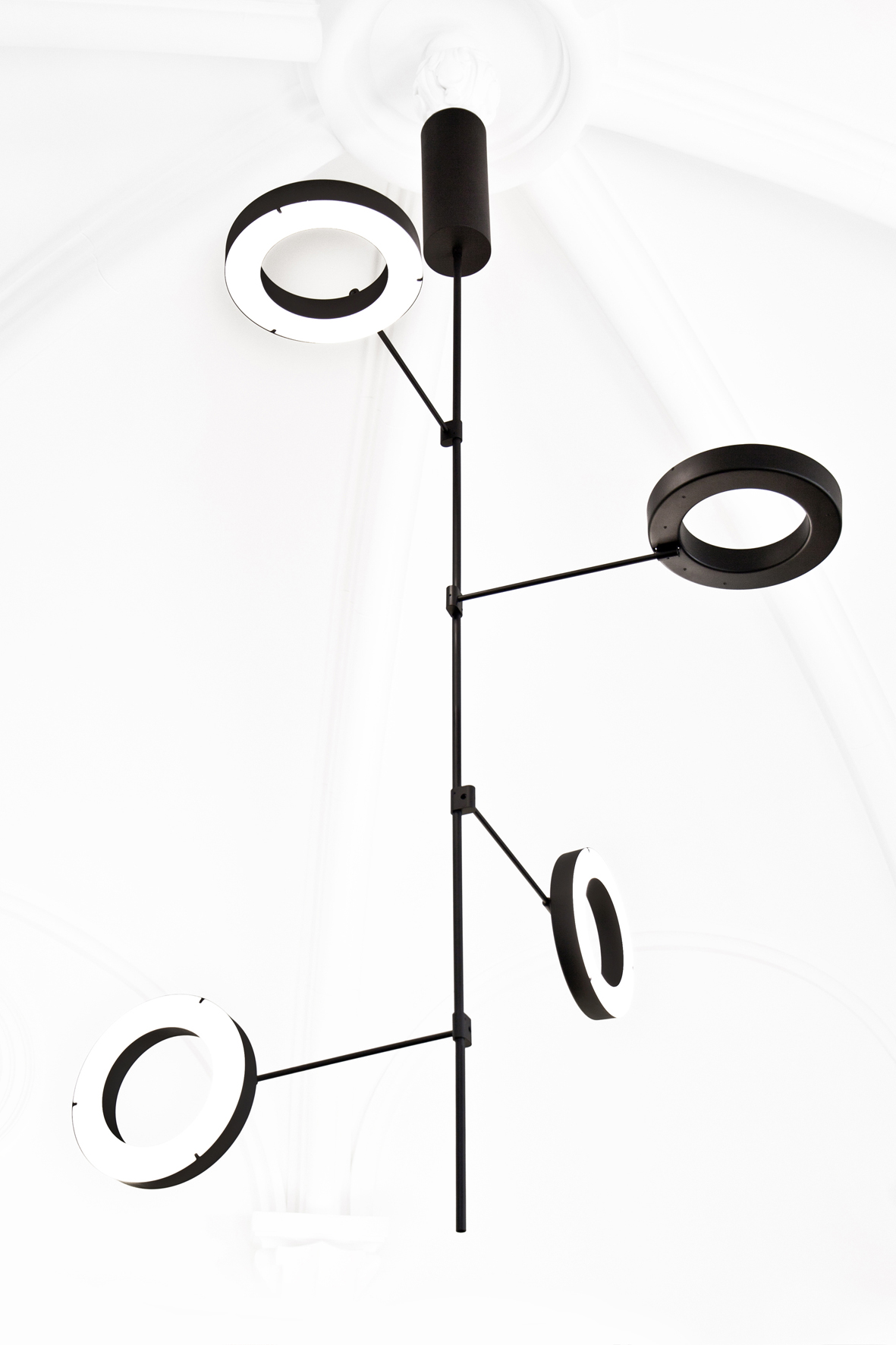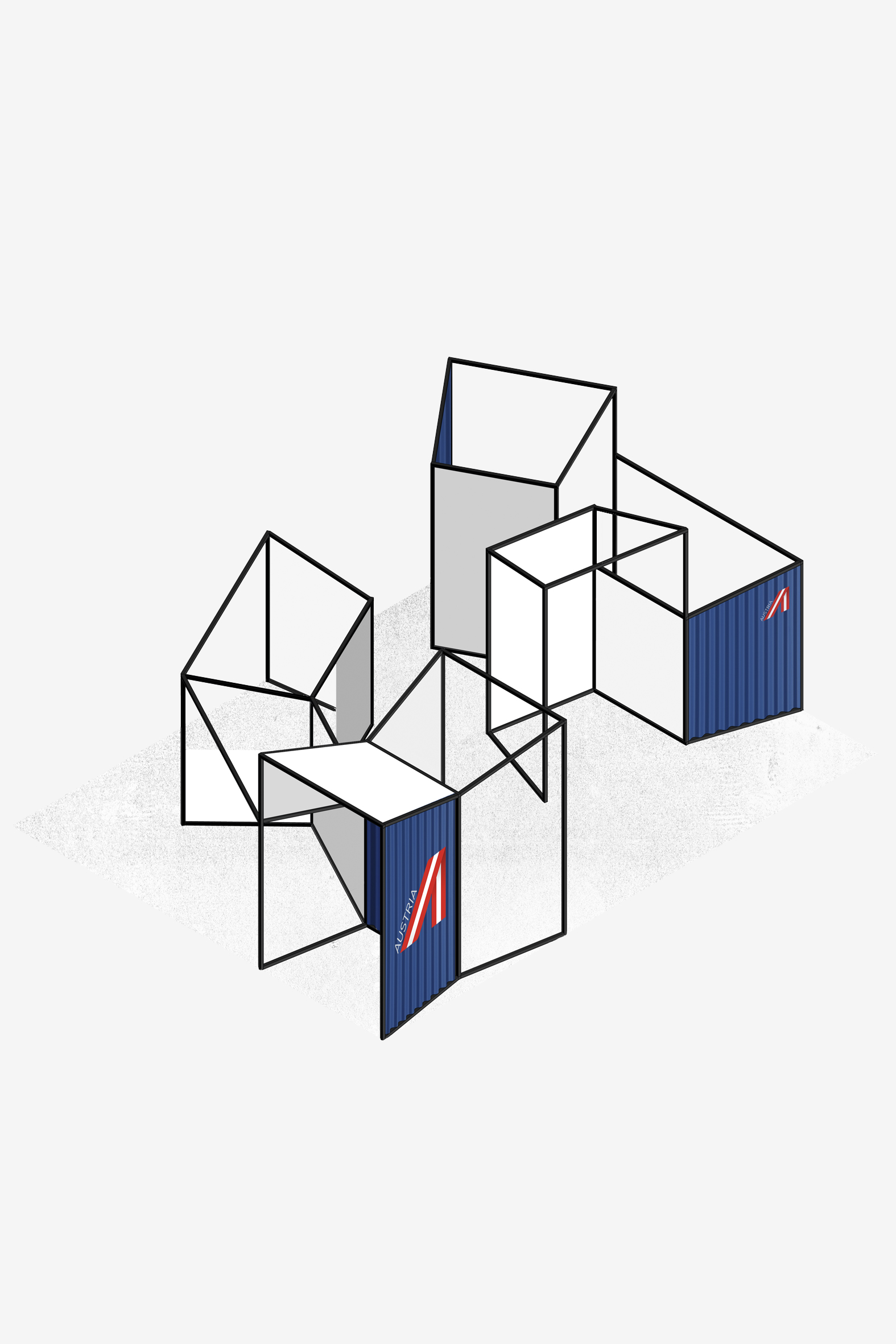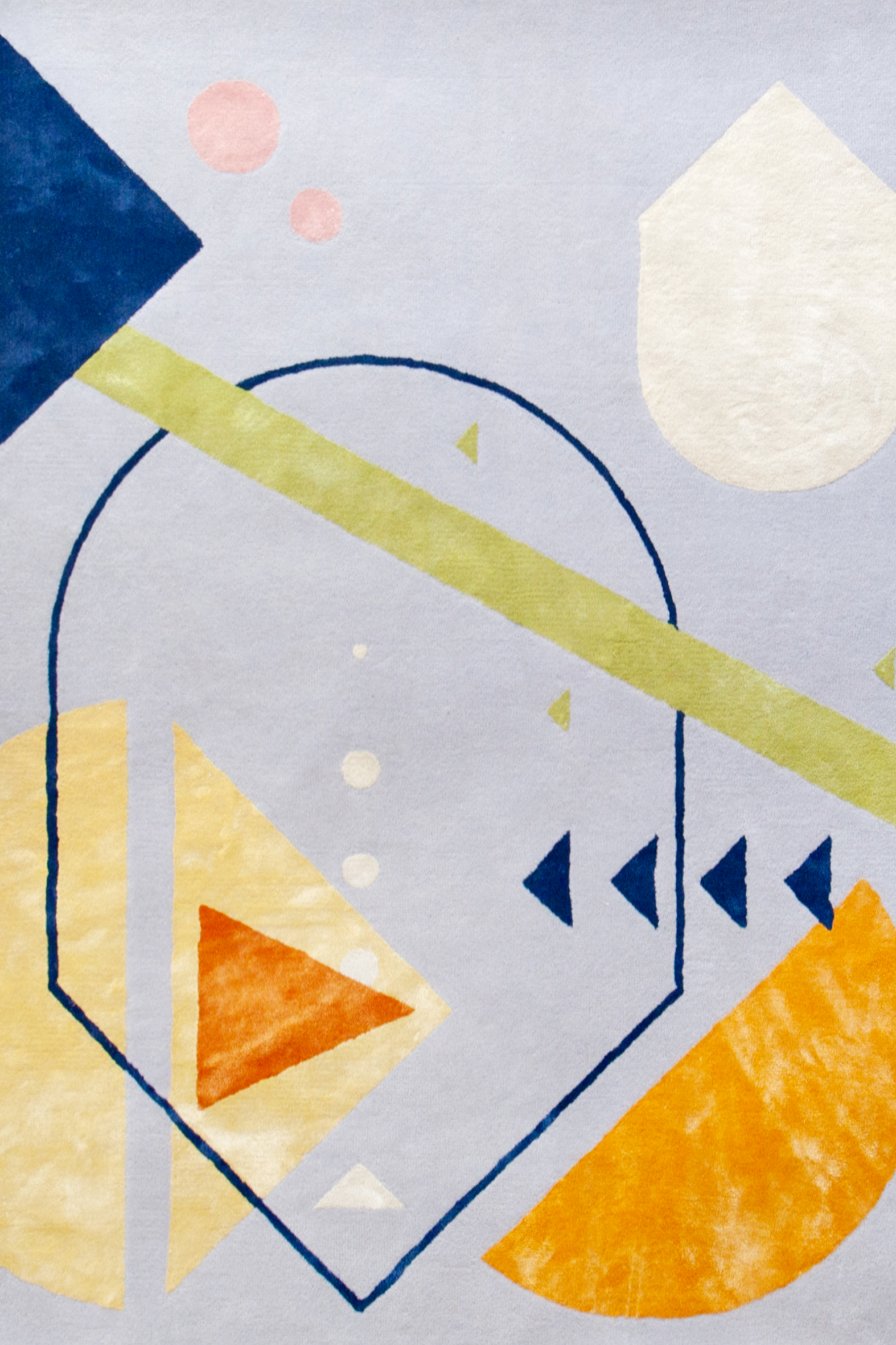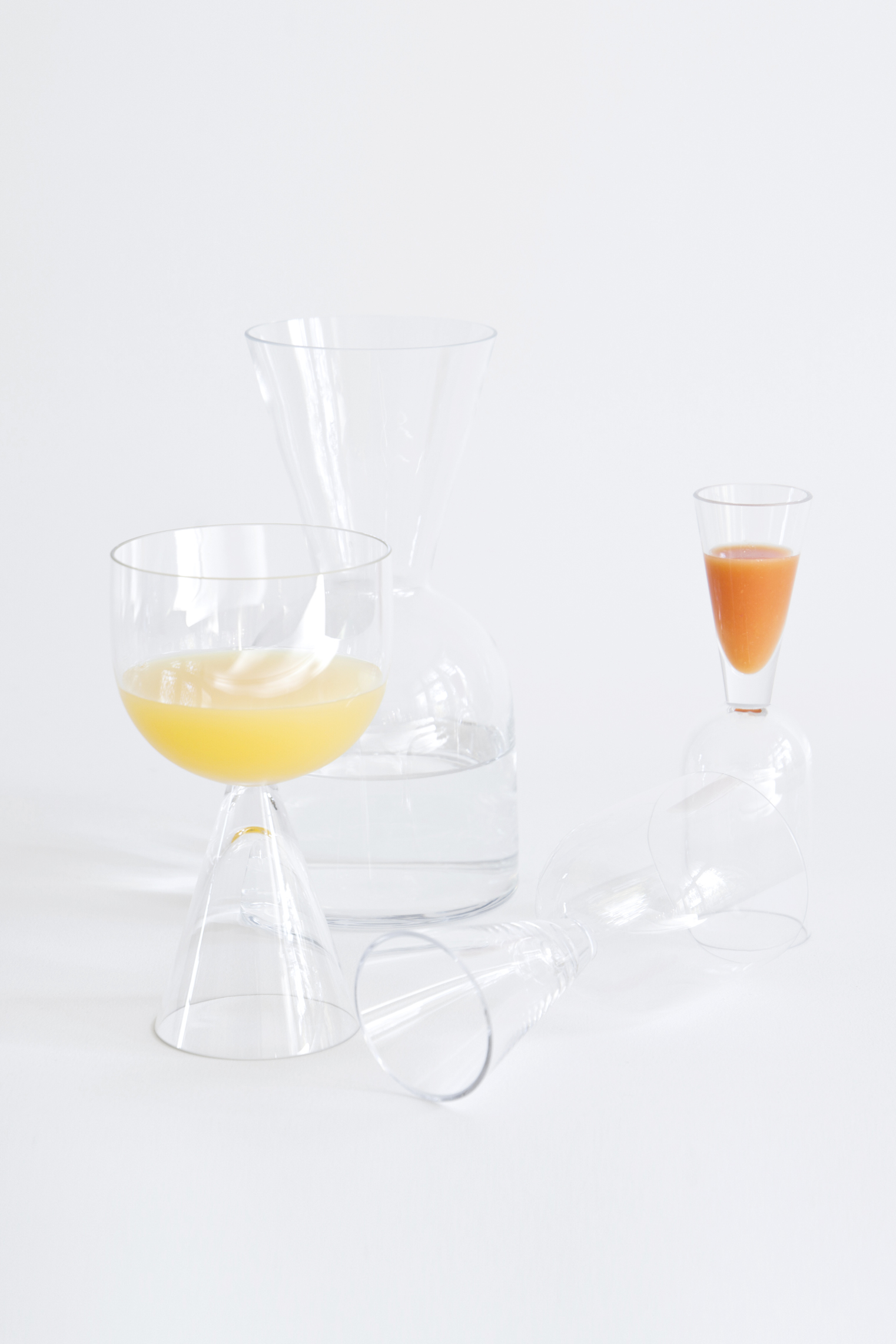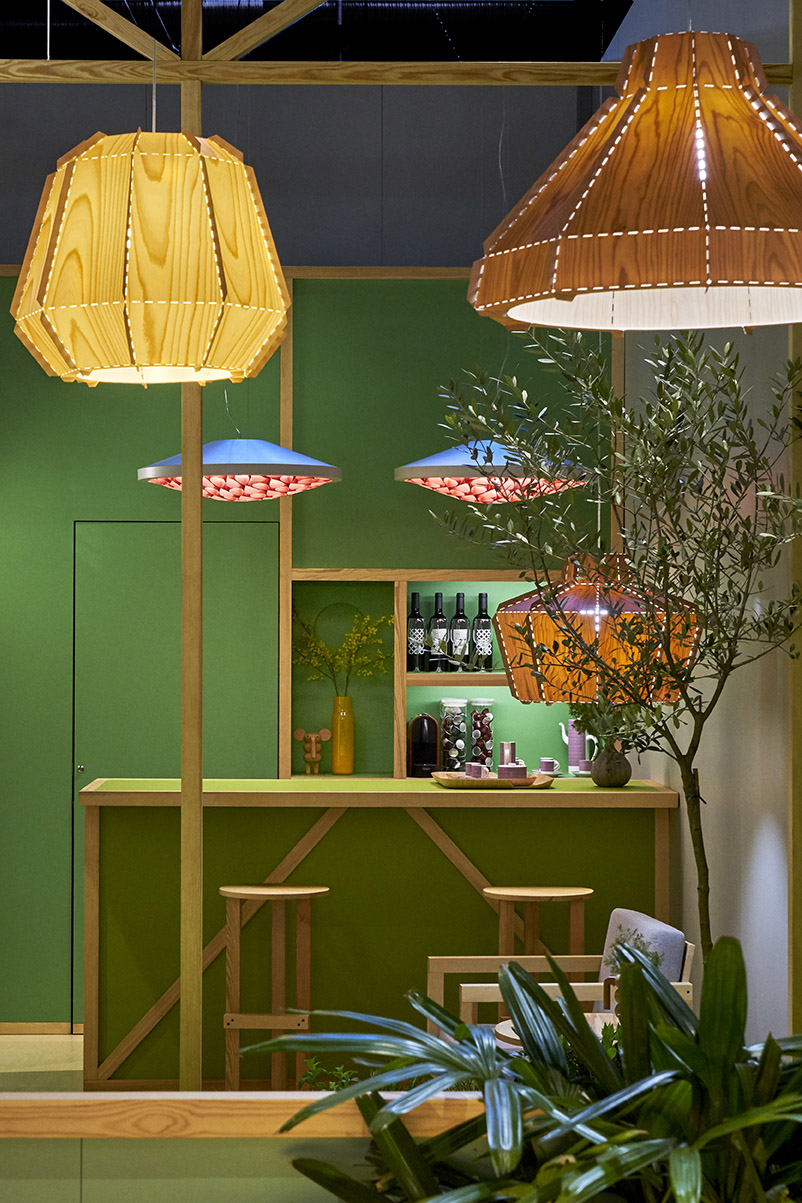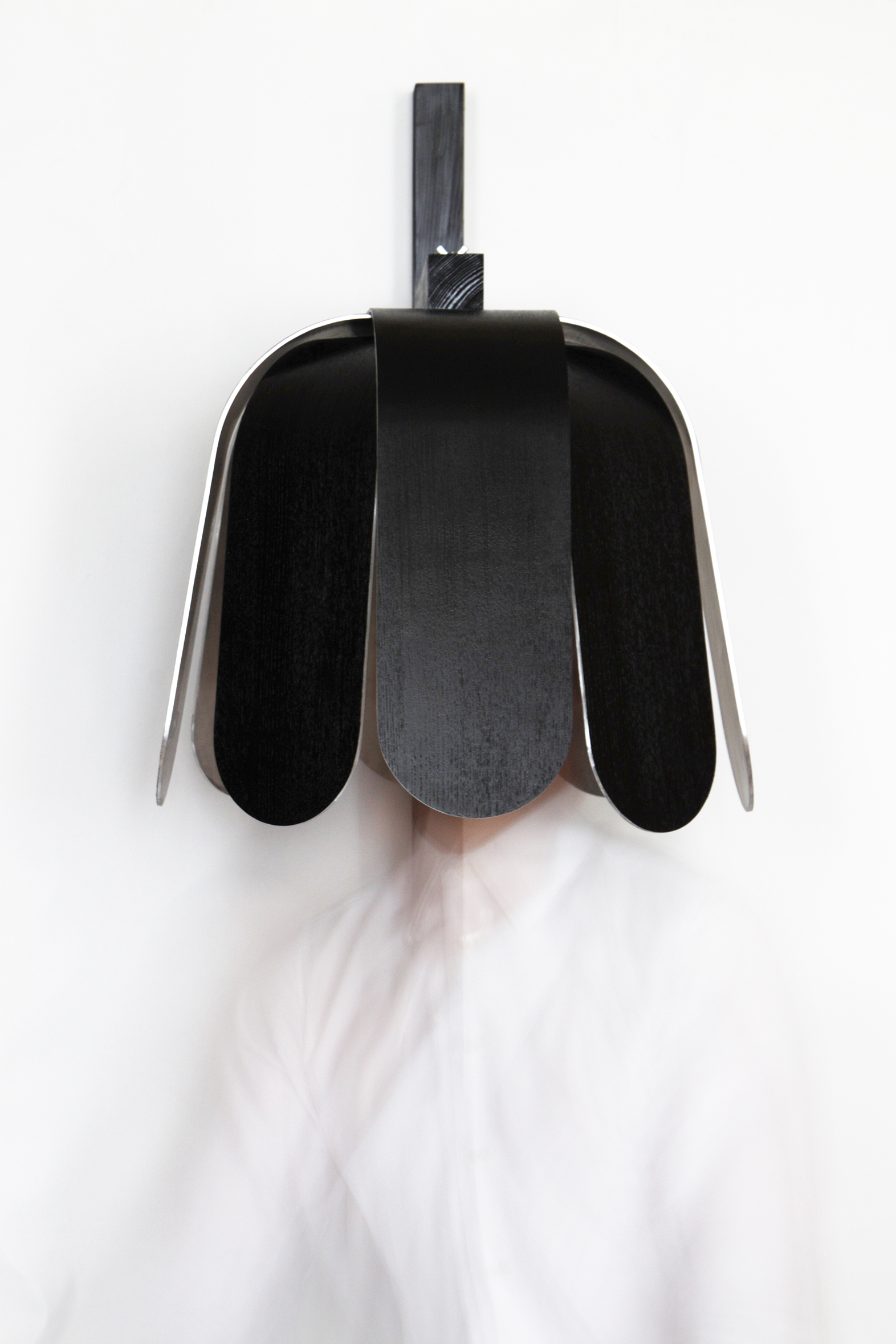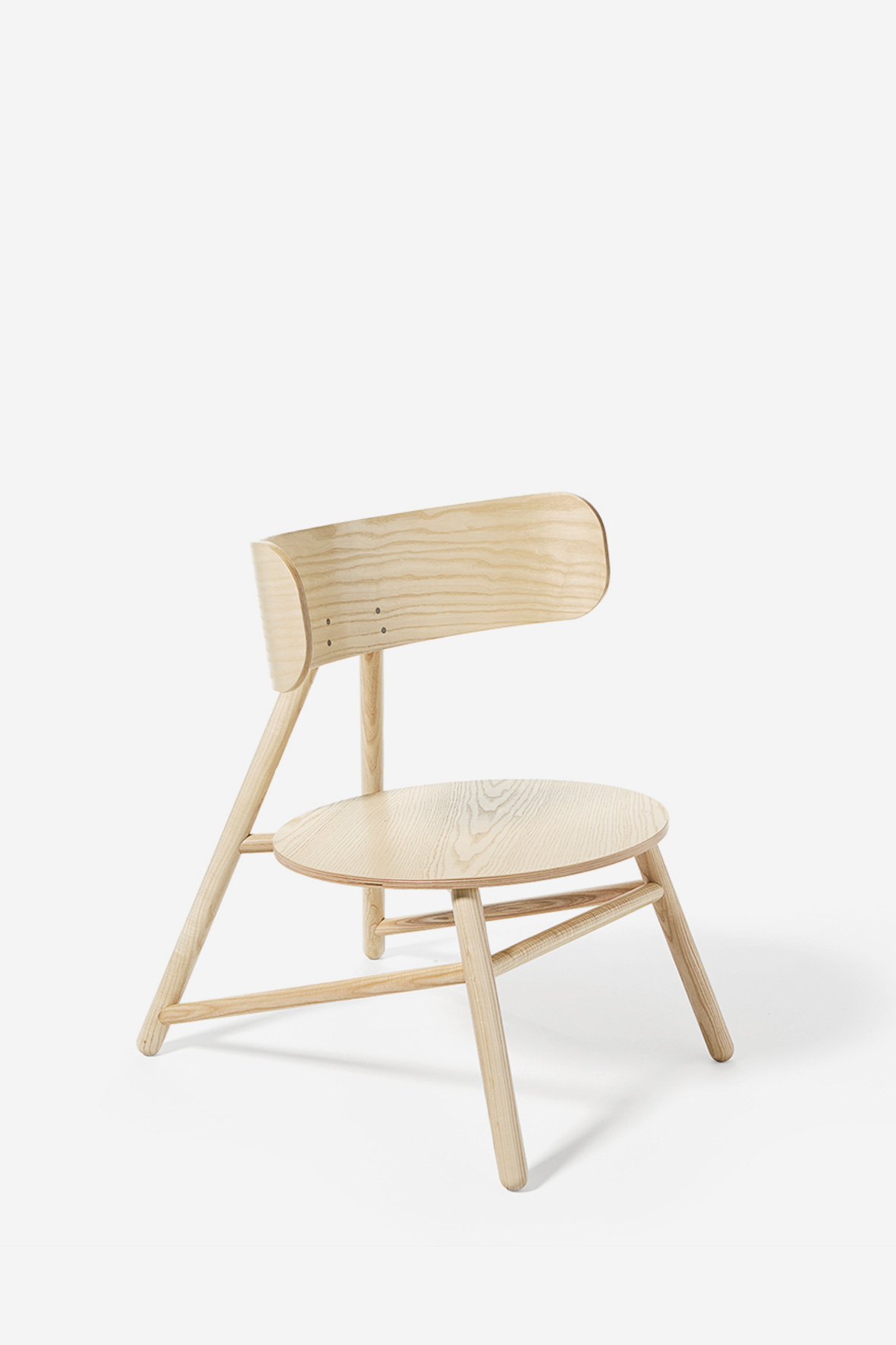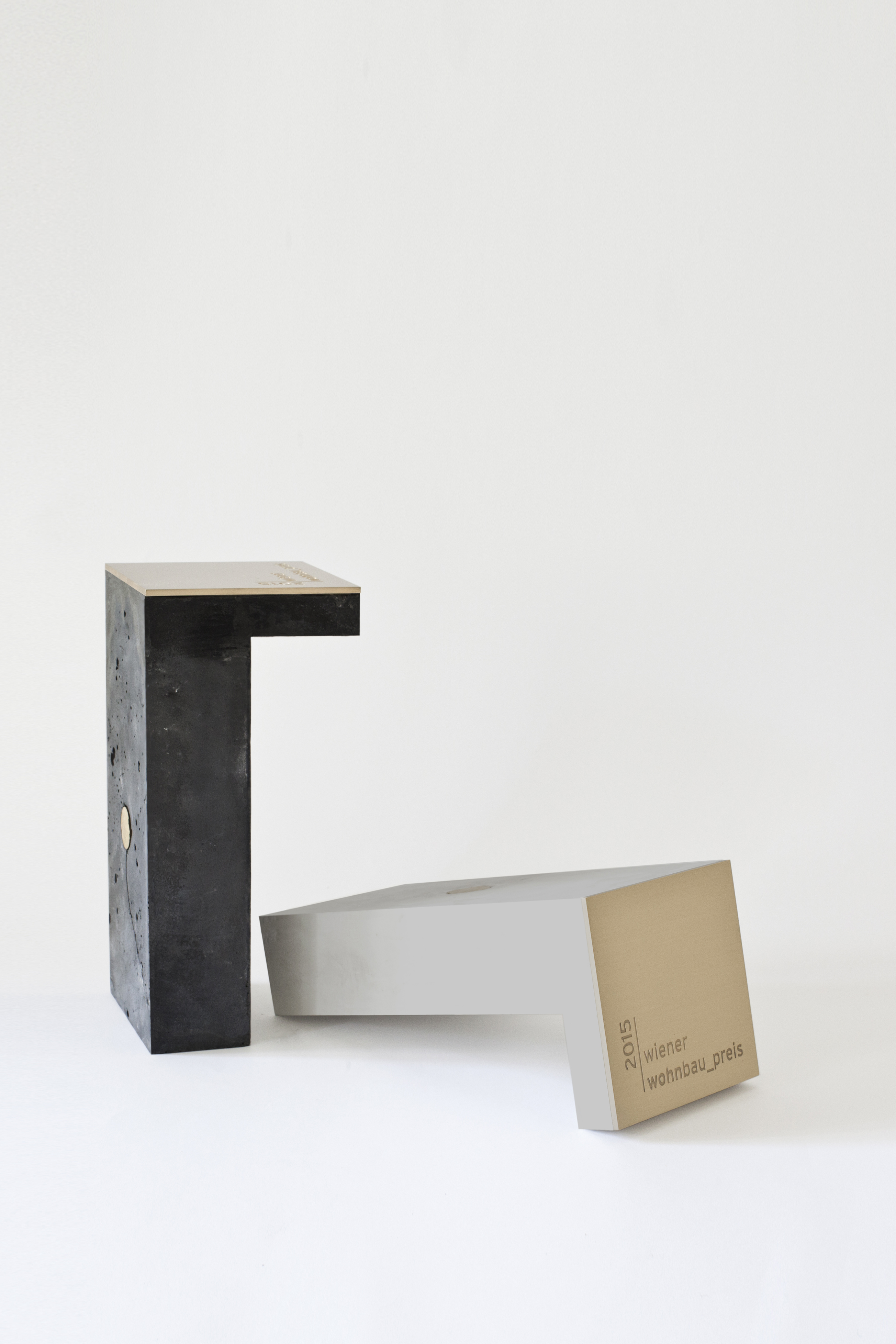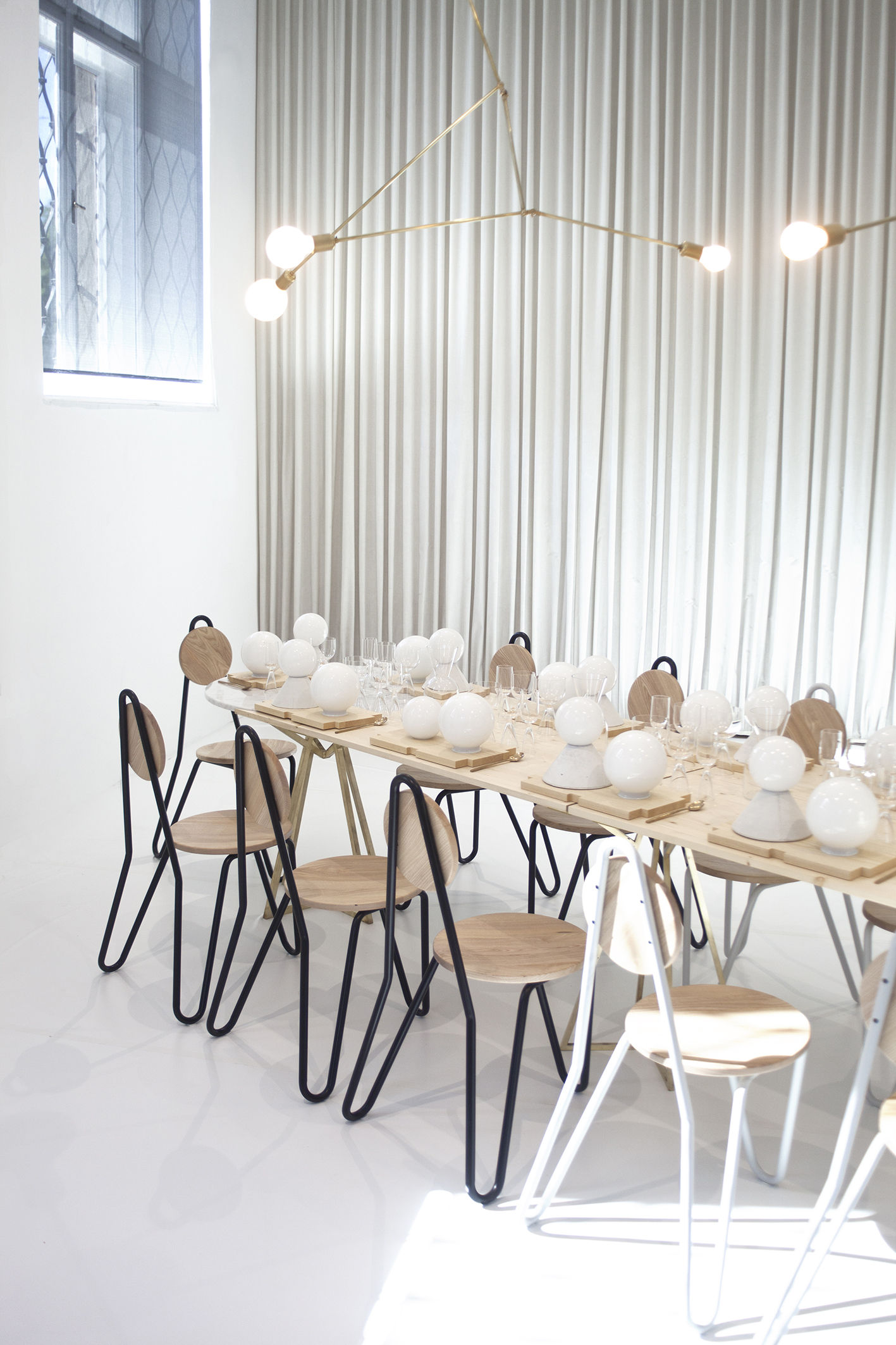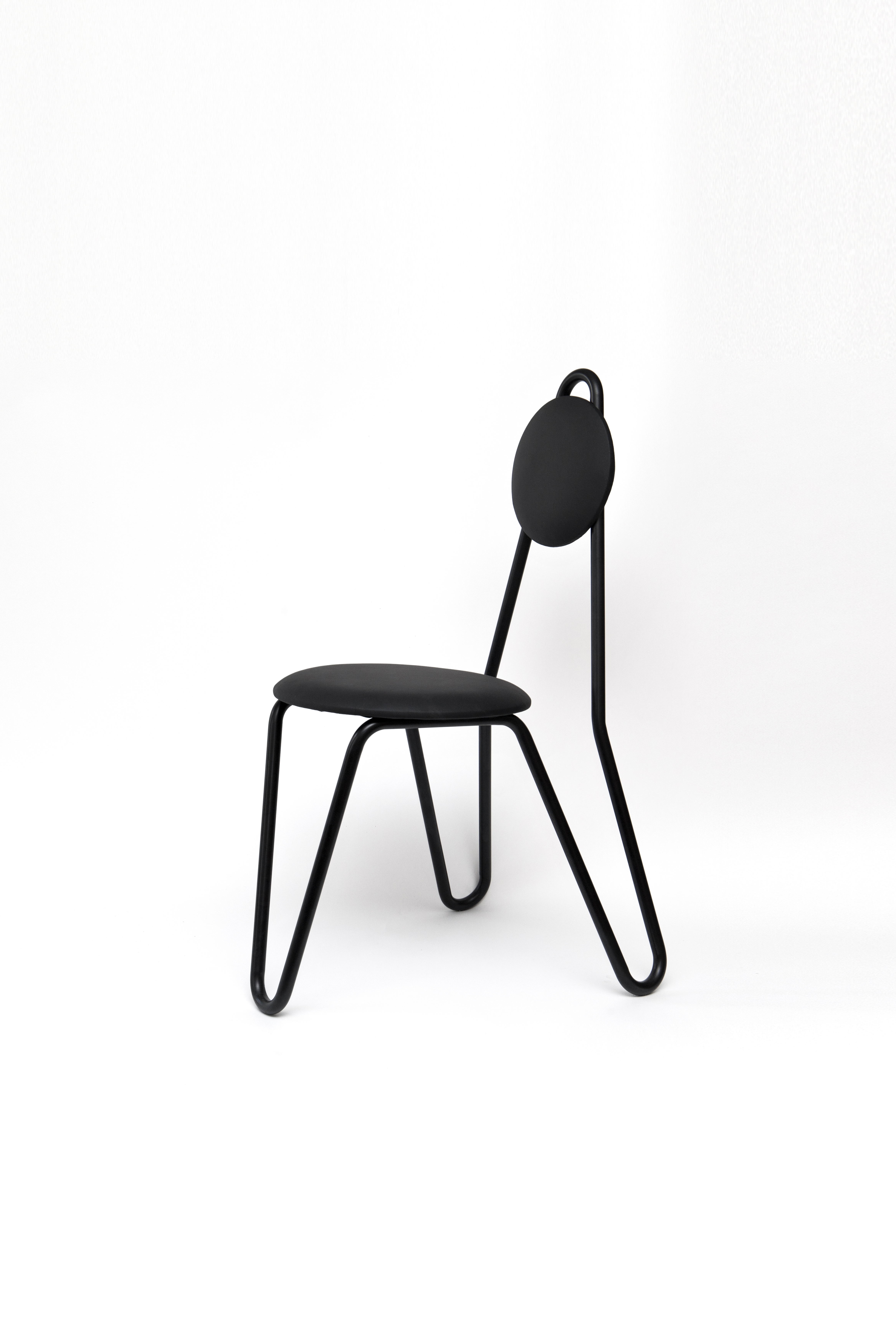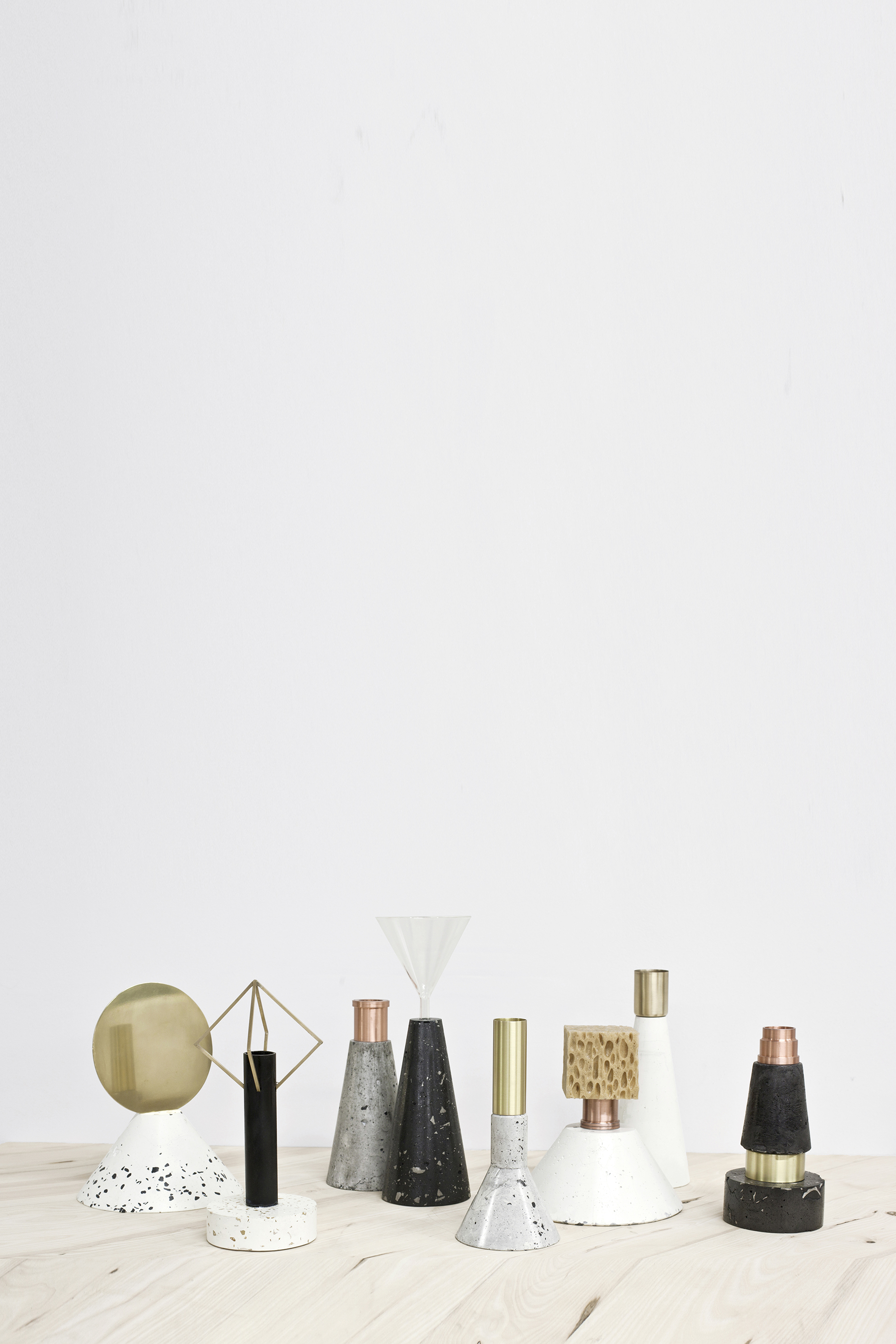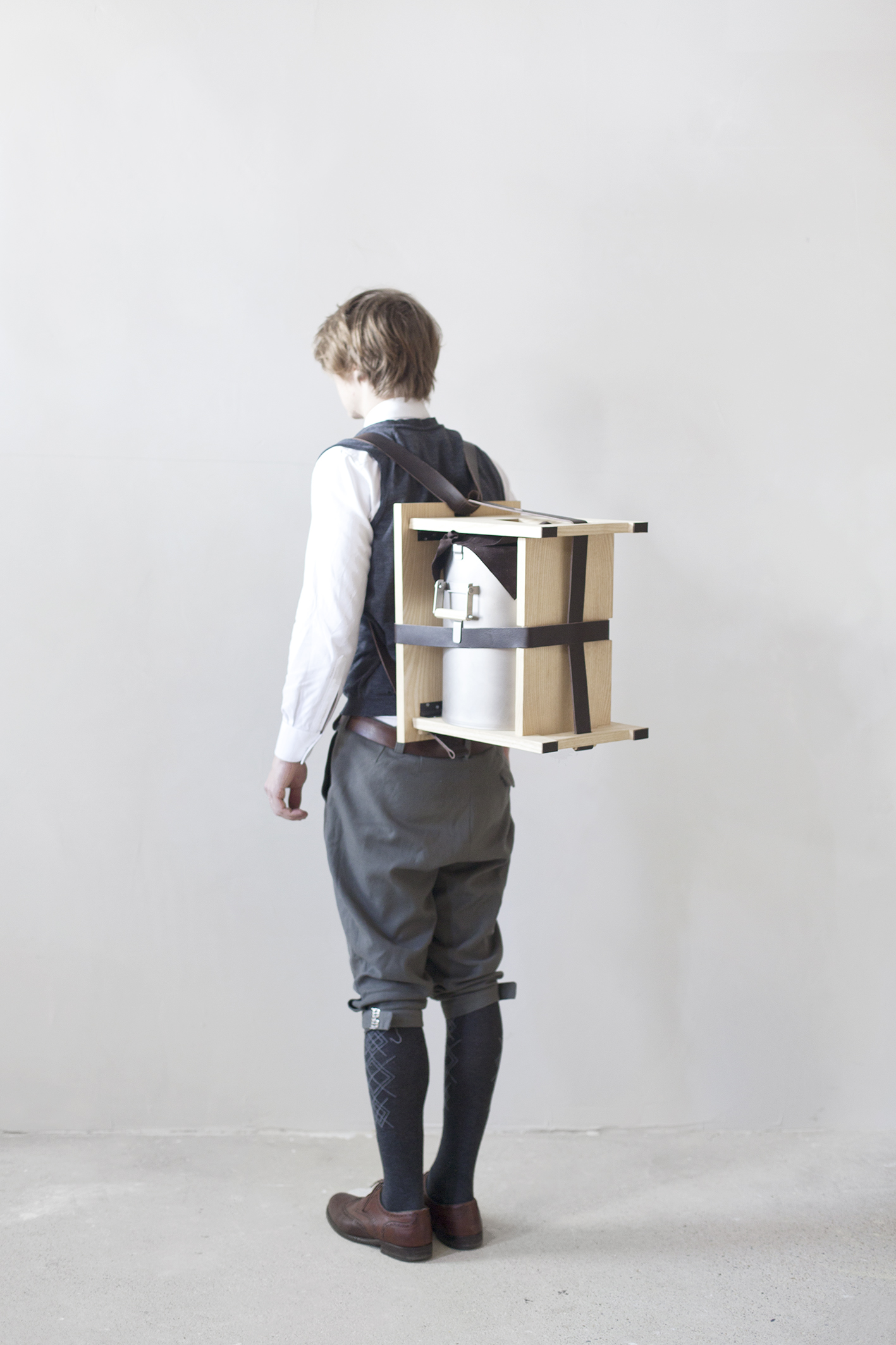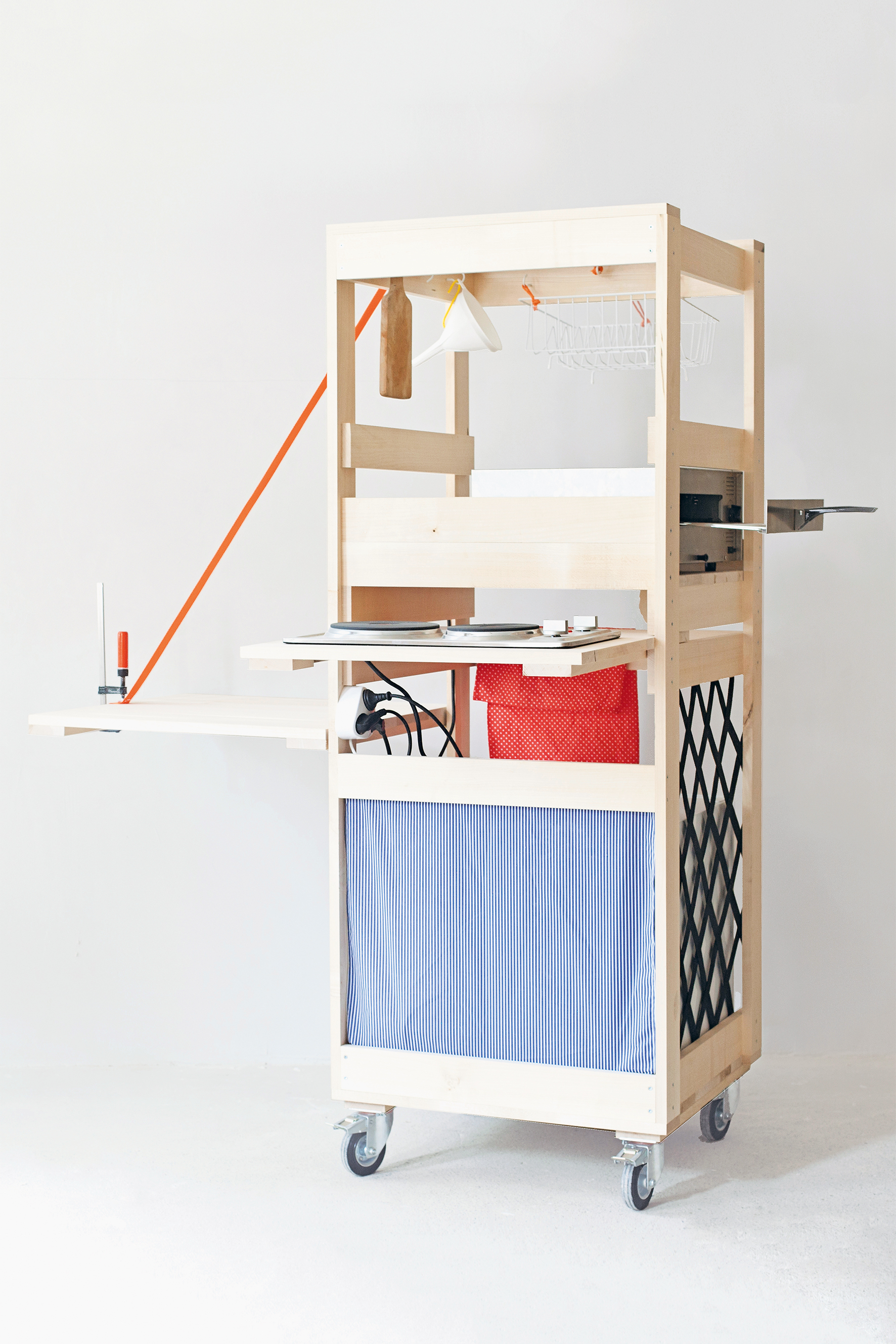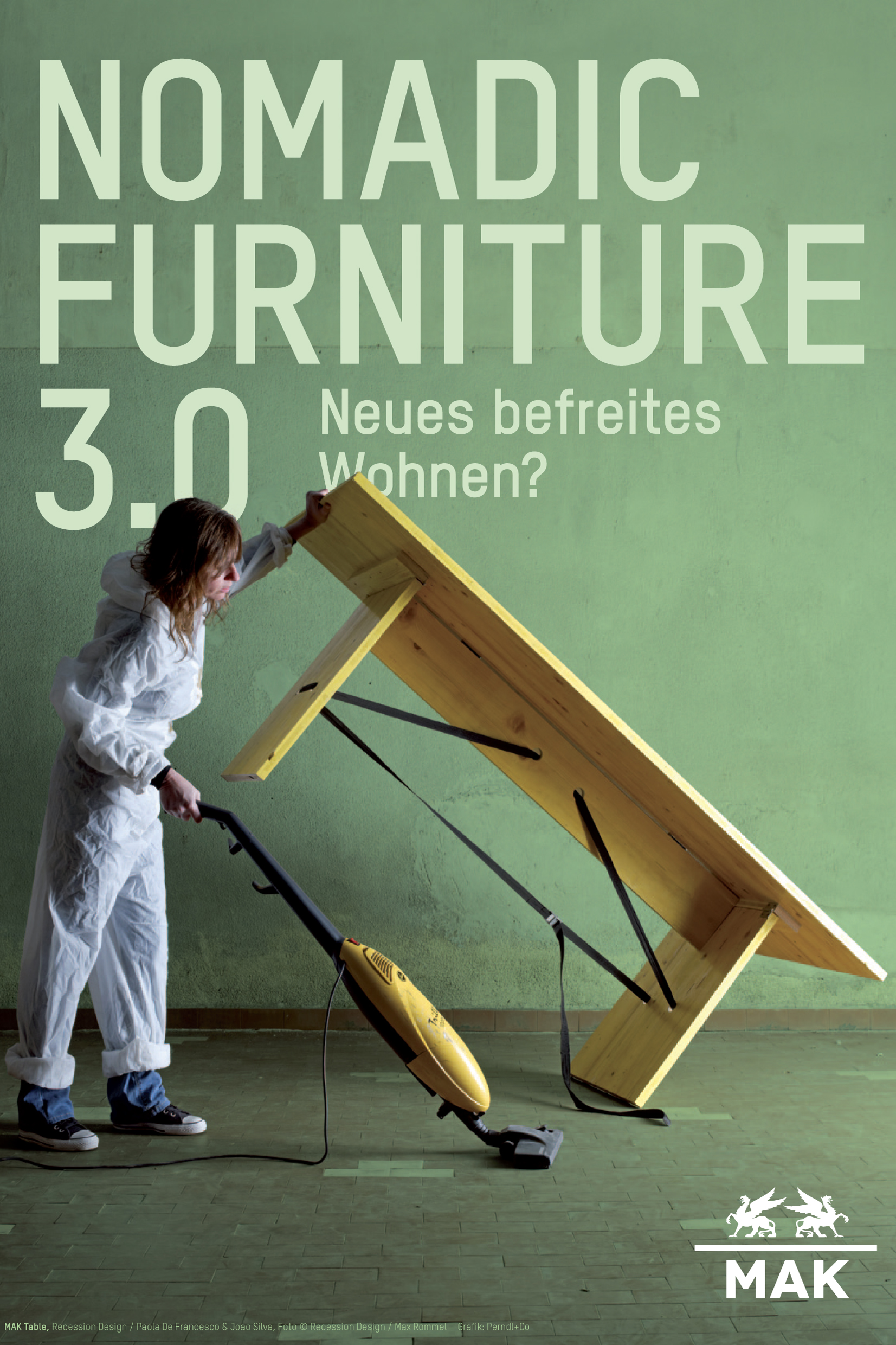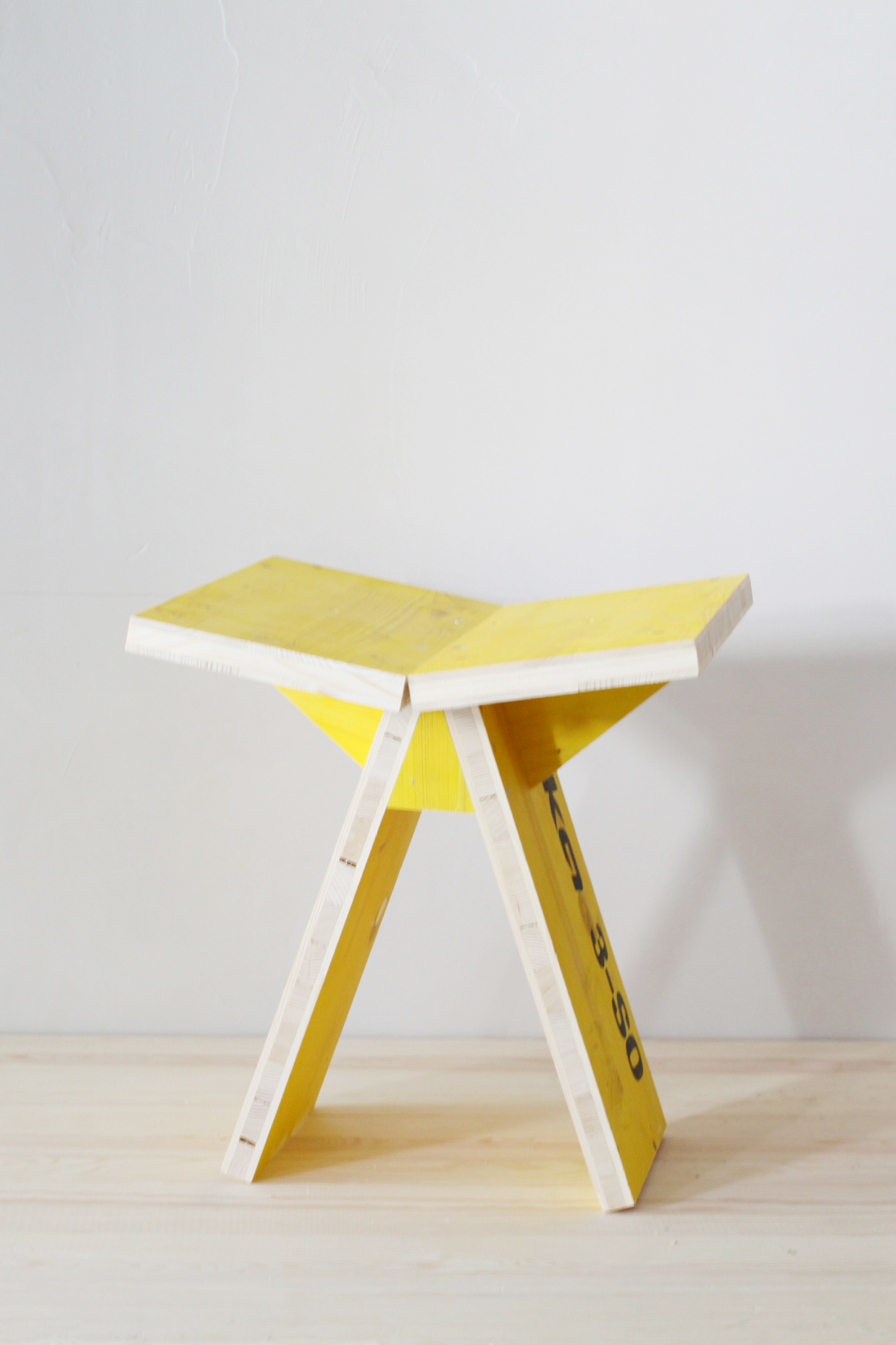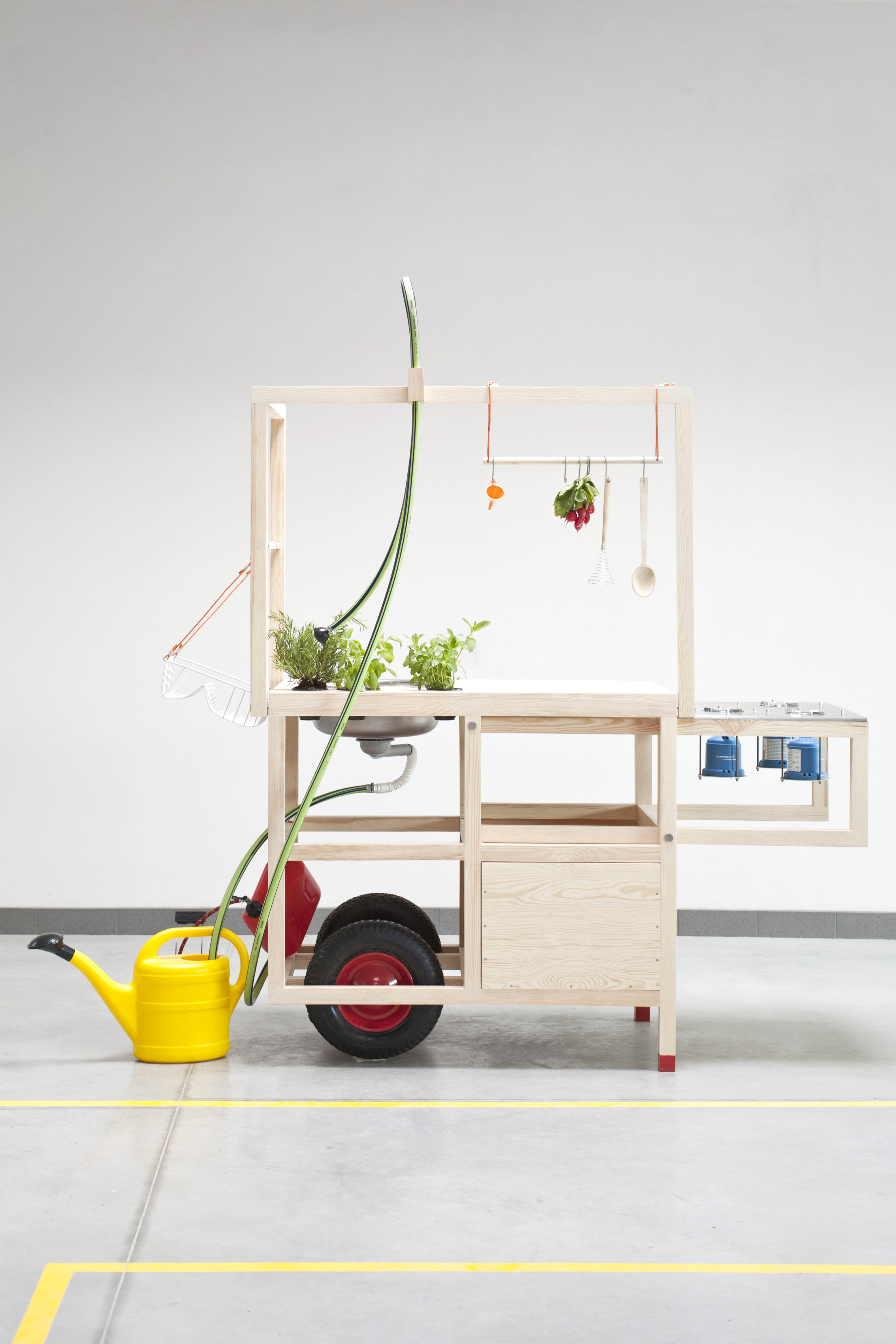“What is bread? – An attempt”
Text: Maciej Chmara
When you have a loaf of bread in front of you, it is obvious it is bread. But trying to define what bread actually is isn’t that easy.
Wikipedia says more or less the following: Bread is a traditional food baked from a dough made from ground grain (flour), water, a leavening agent and usually other ingredients. Bread is a staple food. So far so good. In the definition of its components, the article refers to the toasted aromas of the crust, which result from the Maillard reaction. This description is so broad that it actually applies to the majority of breads, but excludes many simple breads, such as matzoh, several Arabic and Indian flatbreads, and steamed buns. On the other hand, however, it includes sweet breads, which I personally would tend to classify as cakes. Although pain au chocolat has the word “pain”, bread, in its name, it is disputable whether it really is bread.
In May 2022, we were sitting in front of a couple of slices of bread at the Running Duck restaurant in Oxford , having a discussion with other bread enthusiasts. Two Brits, Charles Spence, professor of psychology, who thought, listened and rather kept to himself, his brother Simon, who runs the restaurant, baked the bread and has a profound knowledge of culinary history, an Italian friend, Simone, who, according to himself, never finished his PhD in psychology at Oxford because he invested too much time in baking bread, and two Austrian-influenced Poles, Ania Rosinke and myself, Maciej Chmara. We debated what bread really is and argued about which country bakes the best bread – usually the answer was the country of birth of the speaker. Charles' brother Simon had a very clear idea of what constitutes bread: gluten and yeasts (whether industrial or natural yeasts in the form of sourdough); to him, gluten-free bread clearly is no bread. The Italian colleague included banana bread, pain au chocolat, as well as Italian sweet pastries like pandoro. At this point, a heated discussion arose about where bread ends and cake begins. Is it the yeast? Then what about matzoh, soda breads or other yeast-free breads? It can't be the added sugar either, as many breads use sugar or malt to feed the yeasts – or is there a quantity limit?
I myself enthusiastically defended the exclusion of sweet breads from the term bread and the inclusion of gluten-free breads. I have often baked the latter for my father and find them pretty wholesome, when prepared properly. / I have often baked the latter for my father and rather enjoyed the taste and texture, when they were well-made.
The day ended with a few bottles of another fermented product and we still had no clear answer to the question of what bread actually is.
In the weeks that followed, I asked many people this question and received very different answers; many of them were connected to memories and full of emotion. I finally arrived at a definition that tries to explain bread on a different level, and not only by its ingredients per se.
Bread is a staple food, a base that, in the vast majority of cases, is not eaten plain. To test it, a slice of fresh bread might be enjoyed plain or with olive oil and salt or butter, but in general bread is used to spread, coat or dip in pastes or sauces. Bread is, to a certain degree, incomplete without other foods, like rice or pasta, and aches to be completed. For sweet breads, I like the Austrian name of „Mehlspeisen“ (flour dish), and I would tend to exclude them from the definition of bread, as they stand apart, are usually enjoyed without addition and are a complete dish on their own (usually as a dessert or for breakfast).
Bread is parted, whether by tearing, breaking or cutting, and it’s essential part is not the crust – there also are non-crusty breads – but the crumb, which, whether baked or steamed, is different from the dense consistency of pasta even in the case of heavy dark breads.
This definition, like many others, is certainly contestable: you might for instance ask whether steamed buns really are bread, which complicates the whole thing: it would be much simpler to restrict my definition to baking. It is merely an attempt, and I am open to suggestions.
